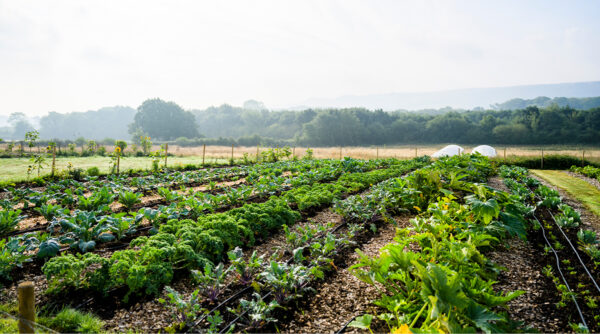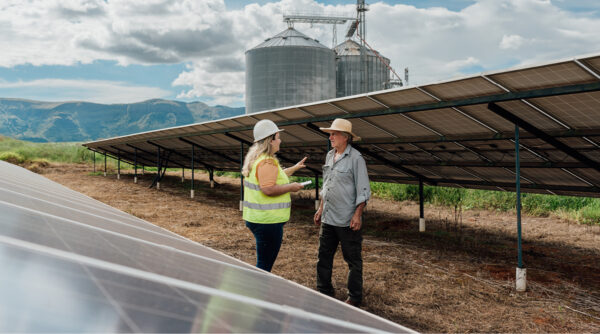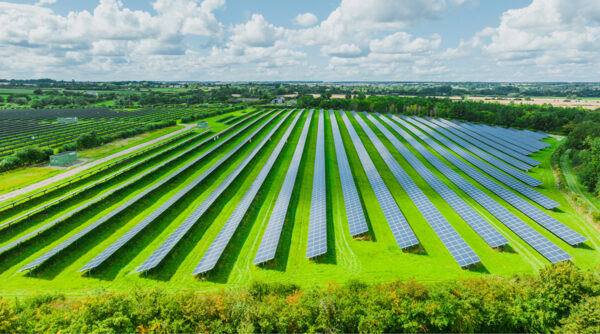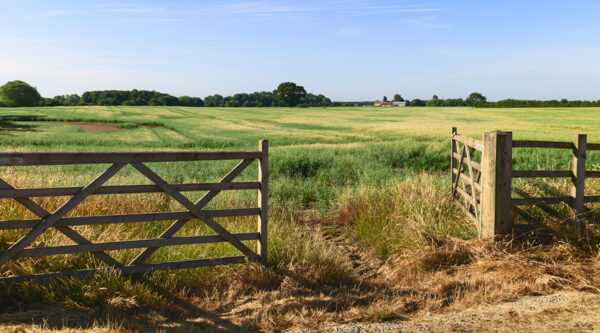
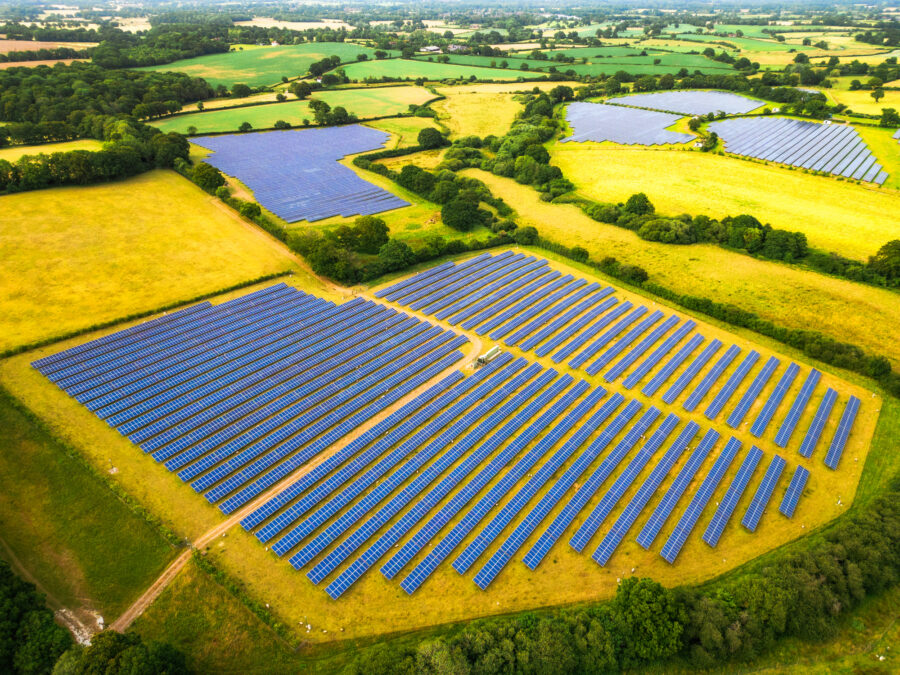
The new government are keen to boost renewable energy production; which was a key focus of Labour’s election campaign. Ed Milliband did not waste time, approving several key Nationally Significant Infrastructure Projects (NSIPs) within days of starting his new role. As such, opportunities for landowners to diversify via renewable energy schemes are on the up. However, while farmers and landowners will see a surge in interest in their land from, amongst others, onshore windfarm developers, it is important to consider all aspects of a potential deal and take legal advice where necessary.
The chancellor’s immediate commitment in her initial statement to end the ban on new onshore windfarms and her plans to consult on reintegrating onshore wind into the NSIP regime have, unsurprisingly, sparked discussions in the industry.
A possible shift to national government-led sign off rather than local decision making for large scale wind projects rightfully raises concerns about balancing future food security against the race to net-zero. As the need to reach net-zero increases, so does the need for renewable energy. This could see more land being taken out of production to accommodate new sites or other large-scale projects. However, this could be a blessing for farmers and landowners looking for alternative ways to secure alternative income streams.
If a developer should contact you with an initial offer, especially if they have already obtained – or are looking to secure – a connection to the nearby electricity grid, you should seek legal advice. Developers will be keen to lock down sites they can use, but entering an exclusivity contract or giving a developer consent to seek a connection to your land can rule out other, potentially better, offers.
Research should be undertaken. This includes evaluating a developer’s experience, their source of funding and previous success rate. A specialist surveyor or land agent will be able to help you with this. It is also vital to consider tax and succession implications of any agreements, along with what it might mean practically for your farm or business.
An opportunity for this kind of development may be a once-in-a-generation event. It will have a long-lasting impact on your business for years to come. The tax implications are significant – you shouldn’t overlook them. Where you can, plan in advance. If you are approached and consider letting your land as an onshore windfarm, or for a solar farm or battery storage facility our advice would be to proceed with caution and seek professional guidance from the outset. That way, you can make the most of the opportunity while avoiding any pitfalls.



